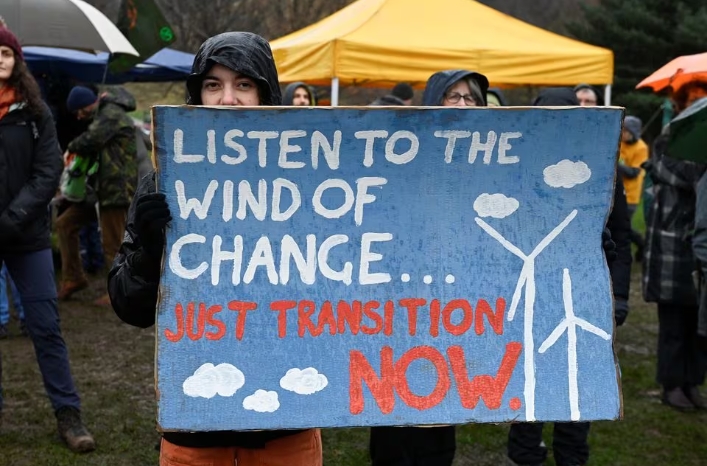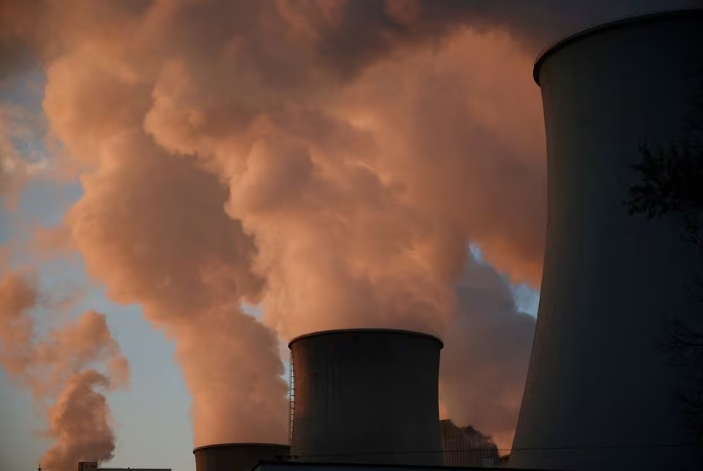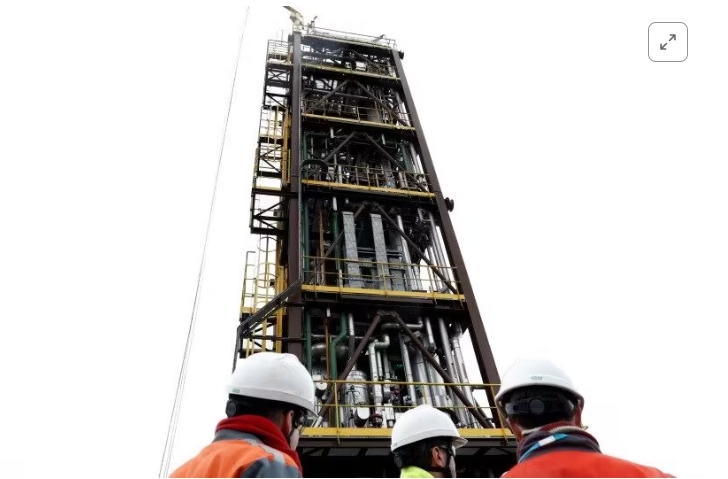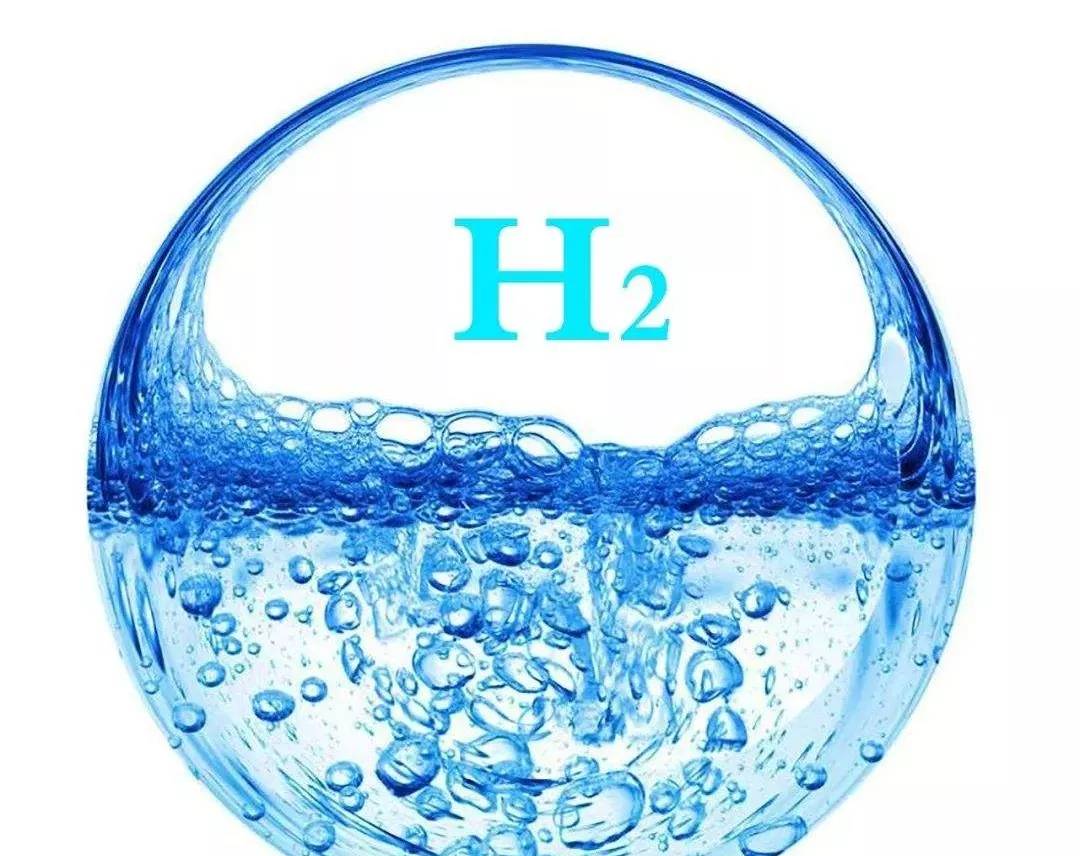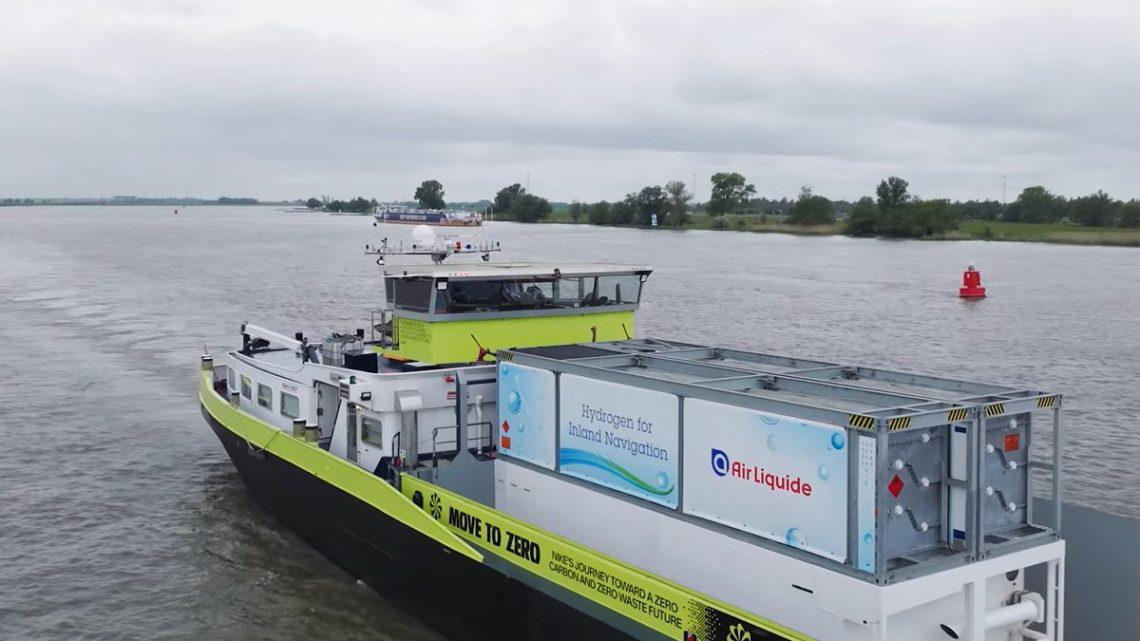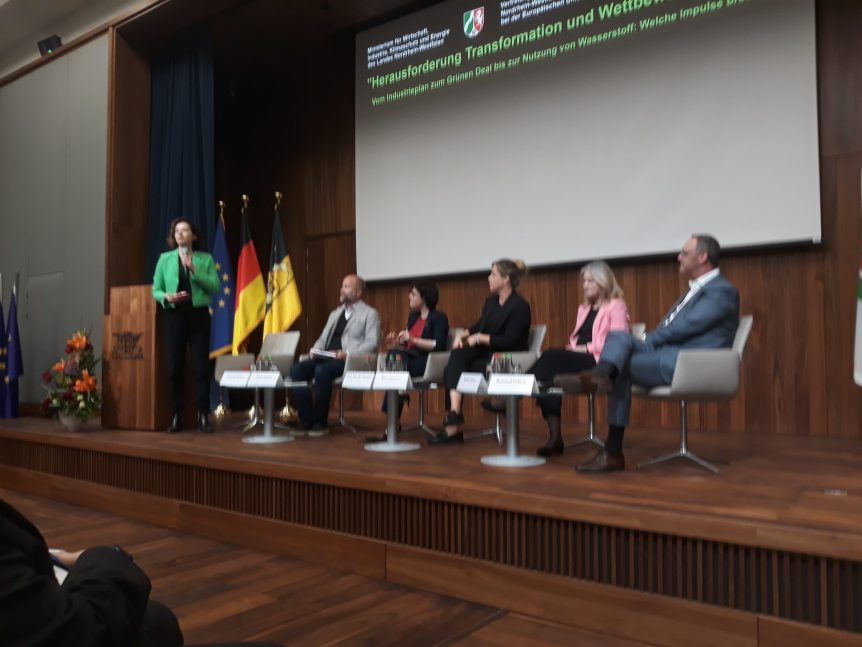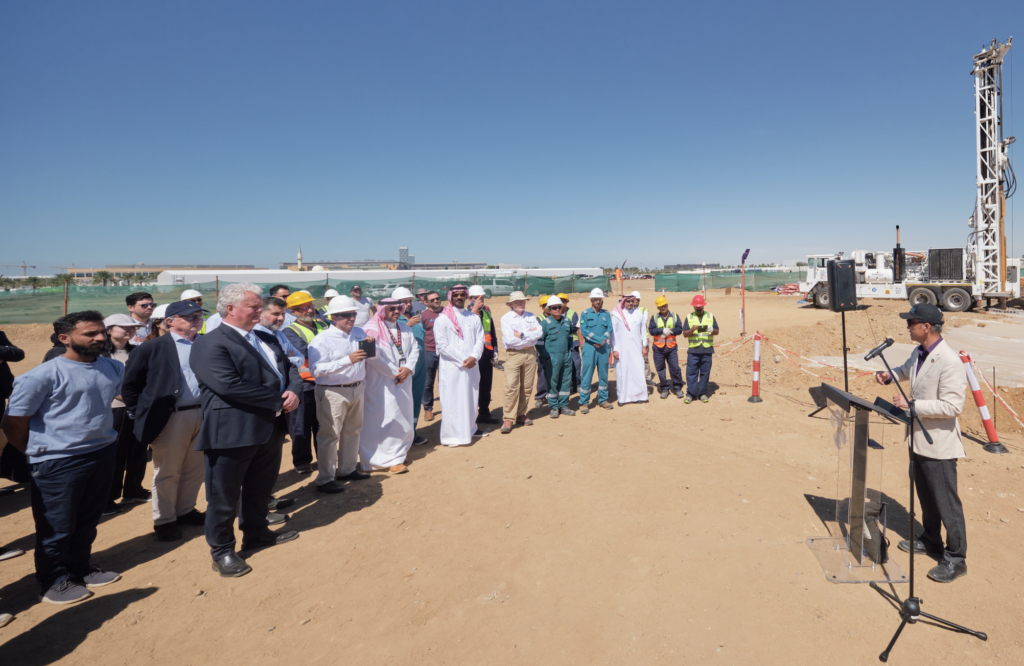
The data gained from the well site will be used for the planning and risk mitigation of deeper geothermal wells, thus providing insight for the future of geothermal energy extraction potential below KAUST. The depth of 400 meters was decided as an appropriate initial depth to investigate novel processing and analysis technique without excessive costs and associated risks.
The project is further designed to test new technologies, such as fiber optics and drill rigs, and to test new workflows for geology and seismology research, providing new knowledge on processing and analysis.
The project is led by KAUST Research Professor in Energy Resources and Petroleum Engineering Thomas Finkbeiner, who states that geothermal energy, if harnessed efficiently, offers the most stable renewable energy source. Project partner TAQA Geothermal is a joint venture between the Industrialization and Energy Services Company (TAQA) and Iceland based Reykjavik Geothermal (RG).
“Geothermal provides critical baseload energy available even when the sun does not shine or the wind does not blow,” he said. The site was selected for its favorable geology and, considering the many KAUST researchers involved, proximity to KAUST.
TAQA Geothermal CEO and Managing Director, Meshary AlAyed commented; “Commencement of drilling of this observation well on KAUST campus marks the real groundbreaking of the ambitious geothermal exploration project. Partnering with KAUST is a testament of our joint alignment on harnessing alternative sustainable energy sources for benefit of the Kingdom while advancing technology, research, and private sector partnerships.”
The project is also intended to build domestic partnerships between academia and industry for innovation and commercialization in geothermal energy. The project is aligned with KAUST’s new strategy announced in August 2023, and the Kingdom’s Research and Development Initiatives.
